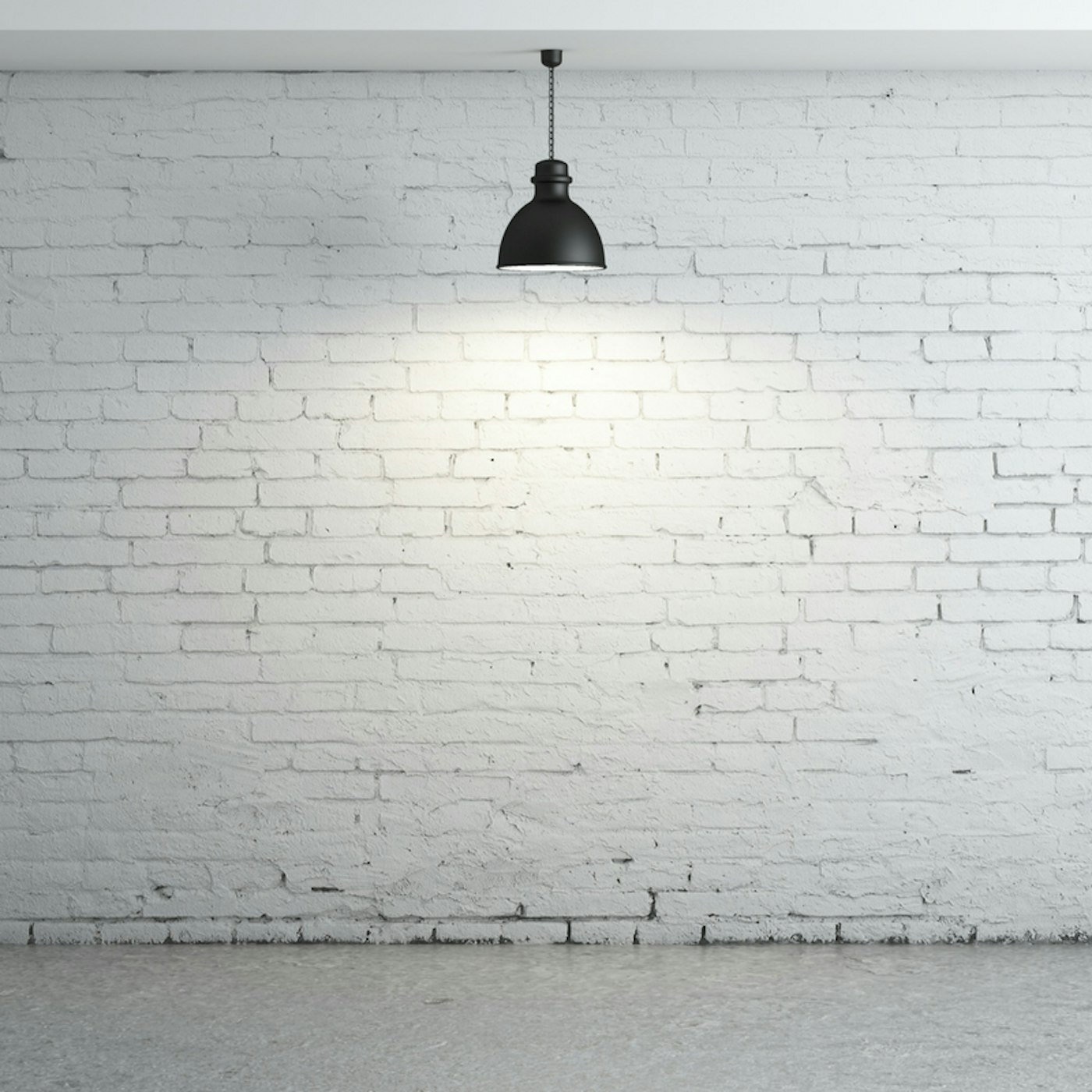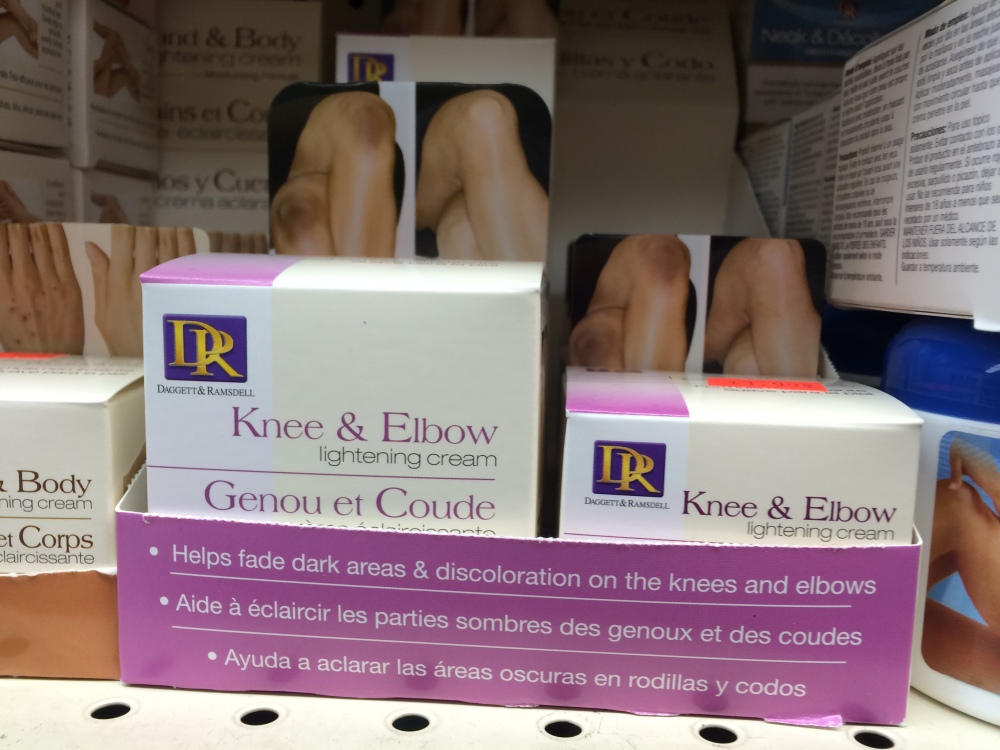Is Being White Better Than Being Black? The Meaning We Give to Our Skin Colour
by Faima Bakar in Culture & Lifestyle on 12th December, 2018

Disclaimer: Speaking as a woman of colour, this is a reminder to myself and others. I do not mean to offend anyone with this piece.
Having travelled a small portion of the world, one thing seems abundantly clear; WHITE IS GOOD. From childhood fables to Shakespeare’s tales, to modern day society, the idea of white seems to be perpetuated as good, honest and innocent.
I was sat next to a young black girl at a bus stop once, and without meaning to eavesdrop, I overheard her telling her mother a story which still stayed with me. In a P.E lesson, some of her friends came rushing to her to ask what happened to her knees and why they were so ‘black and bruised’. They weren’t actually bruised, just dark, as is common among many black and Asian people. She told her mum how ‘embarrassed’ and ‘shy’ she was to show her knees in P.E, even her teacher came up to ask her what had happened to her knees. This girl was probably only 9 years old but already she was slowly learning that dark was not good, that it should be covered up as if dark meant disease or injury. Her mother stayed quiet.
Recently, I came across some videos in which various non-white people discuss what it’s like to be told they ‘talk white’ as if it’s some sort of compliment.
‘Talking white’ purports to talking articulately, as if white people are the only ones who can articulate themselves.
This is far from a compliment.
These kinds of comments allow the ideology that white is better to take hold within us. Thus, straying away from your natural skin colour and adopting whiter skin has become a common practice in many parts of the world. In Thailand, I saw several adverts for a whitening beauty cream which allows you to become ‘snail white’ which I can’t even claim to understand. But this kind of aspiration is common all over the world. Bangladesh is famous for its ‘Fair and Lovely’ cream. In a drugstore in America, I saw a cream which helps to ‘lighten’ one’s knees. In Nigeria, 77% of women use skin bleaching products, something that is growingly (and worryingly) popular.

Knee goals?
Historically speaking, we know how people of colour were enslaved and looked down upon and not even considered human for hundreds of years. In America, especially, being black would prove to be an unfortunate tragedy for many. Black female slaves were raped by their masters but when they would birth light skin children, the children would be, on occasion, ‘promoted’ to being house slaves as opposed to the field-based quarantine of darker slaves. Thus, ‘the whiter, the better’ ideology crept in.
Related
Tackling body image and beauty standards with Sahar Arrayeh
Eight books you need to read about race and identity
The strikes on my identity: black, female and Muslim
Rewind to some centuries earlier, to the European colonisation of Asia and Africa from which the master/slave paradigm manifests. This aspiration to be white made white synonymous with ‘good’ or ‘better’. At the time, the light skin coloniser would’ve been the ‘Other’ a stranger in a foreign land, but instead of being a foreigner, or outsider, he forcibly took to the pedestal and demanded to be revered. And thus began the fetishisation of whiteness.
To be stronger was to be white, to be better was to be white, to be more powerful was to be white.
To natives, he would’ve been exotic, different, exciting, someone to look up to. The remnants of this brainwashing are still visible today, where white is associated with being superior. But it seems while we understand that it’s wrong, we, the people of colour, on some level, allow it to be perpetuated. In coloured communities, it is often the lighter skin individuals that are considered more ‘beautiful’.
Some people might even deny that this kind of mentality doesn’t exist anymore but somewhere along the lines, it starts to surface. On Instagram and probably other social media sites, I’ve seen pages like ‘Love your mane’ (pertaining to affro hair) or ‘Black Men With Style’ and many more attempts to reclaim blackness as a thing of beauty. Which is great because colour IS beautiful and SHOULD be celebrated. But what saddens me is that there are a group of people who have to convince people that the colour of their skin (something no one has any control over) has nothing wrong with it, that black too is beautiful. Why don’t people already know that it is?
You would never see a white person need to convince anybody that being white is great.
It sounds kind of absurd. So why should coloured people have to search for approval? As though we have to convince people that the extra melanin in our skin actually is great. We don’t need to. Black people don’t need to assert themselves or ‘own’ being black, it’s not like an imperfection that you have to ‘own’ being white is no better than being black, and vice versa. No one race is better than the other.
Writing this now, I have some trepidations, for fear that I will inadvertently single out a group of people. But rest assured this is not my aim. If anything, my point remains the same as the words of Prophet Muhammed (PBUH) had said in his last sermon;
‘an Arab has no superiority over a non-arab, a non-Arab has no superiority over an Arab, a white has no superiority over a black nor a black has any superiority over a white.’
I just hope that we can incorporate this into our lives and move away from backward ideologies that really have no place in our lives, let alone the life of a 9-year-old girl in a P.E class.
Faima Bakar
Lifestyle Journalist at Metro Online, writing about race, culture, religion, and almost everything else she can think of while travelling on the London Underground.